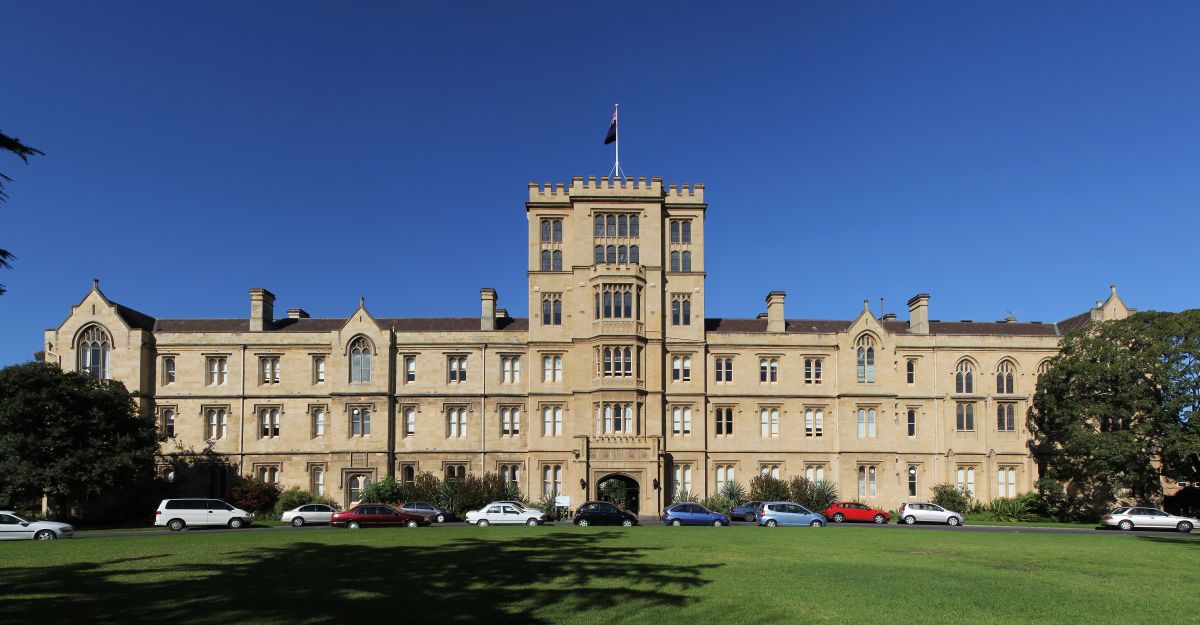In November 2017, I had the pleasant surprise of receiving a phone call from the Australian Research Council (ARC), telling me my Discovery Early Career Researcher Award (DECRA) application had been successful. This meant that for the next three years I would have a full-time academic salary, access to significant research funds, and no teaching responsibilities so as to be able to undertake the large research project I had proposed in my submission.
It’s not modesty when I say that I won the academic lottery. To be sure, along with academic mentors and administration staff at my host university, I put in extensive time and effort to my 50-odd page application over a number of months. But so did a lot of other early career academics with unsuccessful applications. DECRAs are highly competitive, with only 16% of applications funded in the last round, with that number dropping further if you just look at the humanities. But to beat the odds and actually have your project approved can be life-changing.
The evaluation process to figure out which small handful of worthy projects will actually receive funding is extensive and time-consuming for all involved, taking around ten months from submission to outcome. Each 50-odd page application is peer-reviewed and scored by two to five expert scholars in the field. Following this, every applicant writes a rejoinder from the examiners’ feedback. Following this, the applications and rejoinders are ranked and a panel of experts meet in Canberra to deliberate which of the many highly ranked applications are actually going to be funded from the pool of money allocated to the grant that year and, in the process, which early career academics are going to be awarded a massive boost to their career trajectory.
Following this, there is one final hurdle that, until last week, was largely seen as a formality: the education minister needs to sign off on the projects the ARC ‘recommends for funding’. Last Thursday it was revealed that then education minister Simon Birmingham, at some point before or after signing the piece of paper that approved my own grant, refused to sign the pieces of paper of three other applicants who had survived the brutal peer-review process. He also refused to sign the pieces of paper for six Discover projects and two Future Fellowships. All the projects Birmingham personally decided were not worthy of funding were in the humanities. The applicants had not been told, previous to it being made public last week, that the ARC and their professional peers had in fact found their applications worthy, that they had made it through the whole process, that it was just Birmingham who prevented their success. It’s still not clear what was done with the $4.2 million that was earmarked for these projects by the ARC.
I feel very confident that Simon Birmingham did not read, even in passing, the combined hundreds of pages of the carefully written submissions and examinations and rejoinders of the projects he vetoed. Like a dad waiting in the back row for their kid’s undergraduate graduation ceremony, guffawing at the titles of all the PhD recipients in the booklet (‘you can be a doctor of videogames? Ba!’), Birmingham saw some artsy and lefty sounding titles, and pulled out his red pen. At best, it’s an utter inability of a federal education minister to understand how research actually works. At worst (and far more likely), it’s an explicit act of government censorship of research – ironic considering the government’s often pronounced but selectively enacted ideological inclinations towards freedom of speech and expression of ideas.
Enough words have already been spent patiently explaining the actual value and worth of the humanities. In part by some of the rejected scholars themselves. Doing so further would only give the government the far too generous excuse of ignorance when, really, the right’s attack on the humanities has been going on for decades as a deliberate and strategic means of dismantling one of the few remaining bastions for left-leaning critiques and solidarity to find purchase. To be even more dire, as Christian McCrea put it in a recent essay, the war against the humanities has already been won.
The right has successfully spread a perception of the university under neoliberalism as that of a vending machine: as transactional environments where you put X dollars in and get something directly worth X dollars out the other side. Students become customers. Researchers becoming entrepreneurial inventors bidding for venture capital. The humanities researcher, producing a more qualitative and critical understanding of culture and society, struggles to fit the very real and tangible value they produce into this transactional model. Consider your own engagement with cultural works: is the value of a book how many pages you get per dollar? Is the value of a movie how many minutes you get to watch per dollar? No. The value of a good book or a good movie are not able to be reduced to numbers. The same is true for most humanities research. Other forms of value exist other than economic. Other forms of power exist other than physics. A vast range of not necessarily measurable phenomena are worthy of support and funding.
I have sympathy for all the researchers that Birmingham personally decided to censor, but I particularly feel for the three DECRA applicants, who were at some point sitting in the same pile as my own application on Birmingham’s desk waiting on a minister’s whim. It’s a bad time to be an early career researcher. Following the end of their PhD (and the approximately $30,000 per year or $15 per hour stipend of the Research Training Program that most PhD students depend on), most junior academics in the humanities fall into a period of extended precarity as they enter the obscenely competitive academic job market. Without highly ranked journal articles and, more often than not, an actual book (all of which must be researched and written, unpaid, in your own time), you stand little chance of getting an entry-level salaried academic position. Instead, you spend the next few years doing this unpaid labour to simply become employable around an ever-changing roster of sessional teaching work, applying for new jobs every 13 week-semester simply to stay afloat. The months I spent on my own DECRA application were unpaid, mostly spent in the evenings or mornings around my full-time teaching commitments at a local college.
A DECRA isn’t the only way out of the sessional doldrums of post-PhD life. But actually being awarded a DECRA offers a lucky few an immediate reward of actual stability, of having the time, space, and resources to build up that body of publications that might actually land you an ongoing position afterwards. While there is precedent for ministers refusing to fund ARC-recommended projects, according to Shadow Minister for Innovation, Industry, Science and Research Kim Carr, this is the first time DECRA projects have been vetoed, potentially snuffing out the academic careers of some of Australia’s most promising junior academics. One of the vetoed DECRA applicants has already moved back to the UK, unable to find a stable academic job in Australia such as the DECRA would have provided. As Dr Katherine J Mack said on Twitter: ‘cancelling a DECRA isn’t just reducing research funding, it’s firing someone.’ It’s tipping a bucket of water over someone who just got the fire lit.
That could have been me. I wonder what would have happened if I had happened to name my own project something slightly different. What if, for instance, I had decided to name my research project ‘Accounting for the Diversity of Australian Videogame Makers’ instead of ‘Australian Videogame Developers and Skills Transfer’. I’m already surprised the word ‘videogames’ alone didn’t blacklist me, but adding ‘diversity’ to the mix might have done it.
But of course I wouldn’t use that title: I’m already censoring myself as a junior humanities research, long before my application ended up on Birmingham’s desk. Don’t get me wrong, skill transferability is an accurate description of what my project is about, but I was deliberately careful to ensure I used a vocabulary in my title that fit with a transactional understanding of the university. If I hadn’t, maybe my project would have been rejected on a minister’s whims.
And that’s the true pervasiveness of the ongoing attack on the humanities, led by right-wing governments. There’s the explicit censorship of the education minister’s red pen and personal fancy, with almost no accountability, but there’s also the more insidious self-censorship and linguistic acrobatics humanities scholars – and especially junior academic scholars desperate for any stable ground in a seemingly endlessly precarious existence – are forced to put themselves through in order to simply survive within the neoliberalised university.
Some, like me, can do that more easily – I research videogames, which has the benefit of passing as both culture and ‘technology’ – but many others cannot. Many others disappear into perpetual sessional teaching or leave academia entirely. And the right’s persistent chipping away at the humanities marches on.






